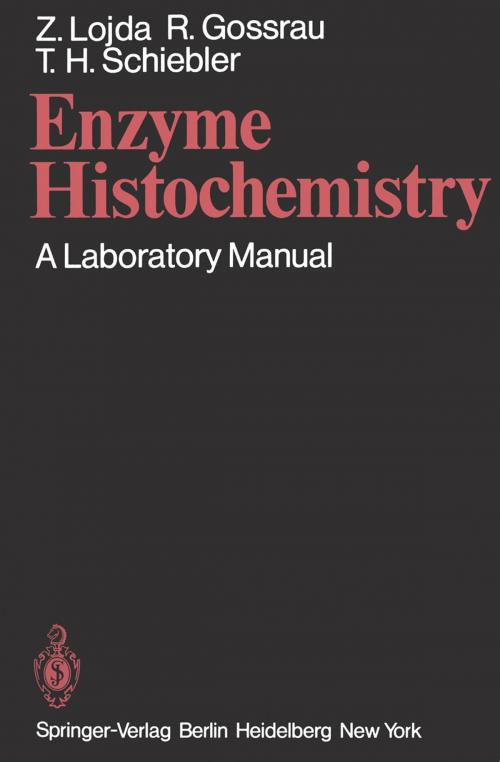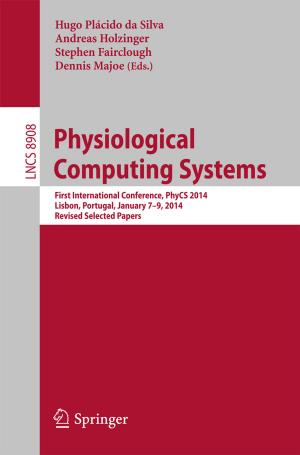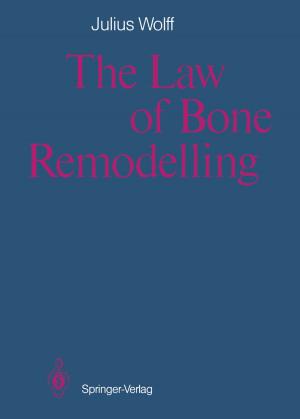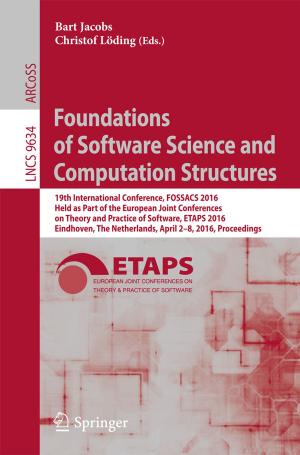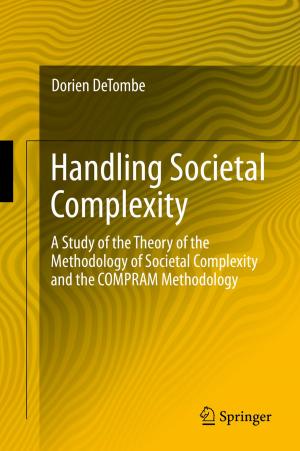Enzyme Histochemistry
A Laboratory Manual
Nonfiction, Health & Well Being, Medical, Specialties, Pathology, Science & Nature, Science, Biological Sciences, Biochemistry| Author: | Z. Lojda, R. Gossrau, T.H. Schiebler | ISBN: | 9783642672347 |
| Publisher: | Springer Berlin Heidelberg | Publication: | December 6, 2012 |
| Imprint: | Springer | Language: | English |
| Author: | Z. Lojda, R. Gossrau, T.H. Schiebler |
| ISBN: | 9783642672347 |
| Publisher: | Springer Berlin Heidelberg |
| Publication: | December 6, 2012 |
| Imprint: | Springer |
| Language: | English |
During recent years enzyme histochemical reactions have increasingly been considered as important, the reason being that enzyme histo chemistry is now a well-established link between morphology and bio chemistry. The development of numerous new methods and in particular the improvement of existing techniques contributed to the expansion of enzyme histochemical reactions. Today, the use of these methods allows detailed insight into molecular processes of single cells and their constituents. The selection of a suitable method for enzyme histochemical investigations needs thorough knowledge and critical evaluation of the reactions de scribed for the histochemical demonstration of enzymes and introduced in laboratory practice. Often, it is difficult for scientists primarily concerned with the application of methods and for laboratory assistants to comment on the value of an enzyme histochemical reaction. Our book will serve as a guide in this respect. It contains the most important histochemical methods for the localization of enzymes, all of which were checked by the authors themselves. These methods were often modified and frequently used for numerous different investigations of healthy and diseased organs in basic research and in routine practice.
During recent years enzyme histochemical reactions have increasingly been considered as important, the reason being that enzyme histo chemistry is now a well-established link between morphology and bio chemistry. The development of numerous new methods and in particular the improvement of existing techniques contributed to the expansion of enzyme histochemical reactions. Today, the use of these methods allows detailed insight into molecular processes of single cells and their constituents. The selection of a suitable method for enzyme histochemical investigations needs thorough knowledge and critical evaluation of the reactions de scribed for the histochemical demonstration of enzymes and introduced in laboratory practice. Often, it is difficult for scientists primarily concerned with the application of methods and for laboratory assistants to comment on the value of an enzyme histochemical reaction. Our book will serve as a guide in this respect. It contains the most important histochemical methods for the localization of enzymes, all of which were checked by the authors themselves. These methods were often modified and frequently used for numerous different investigations of healthy and diseased organs in basic research and in routine practice.
